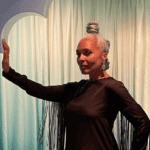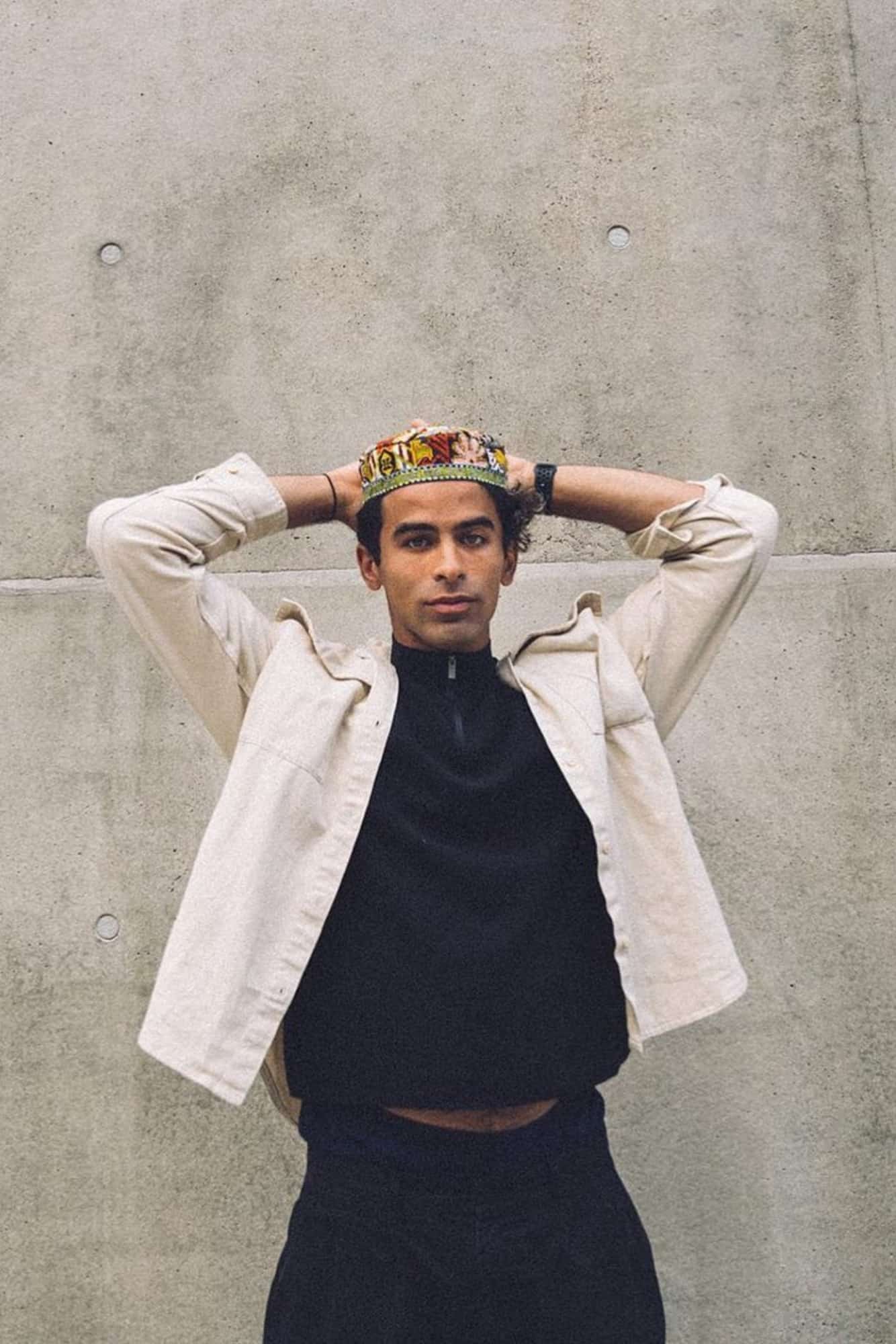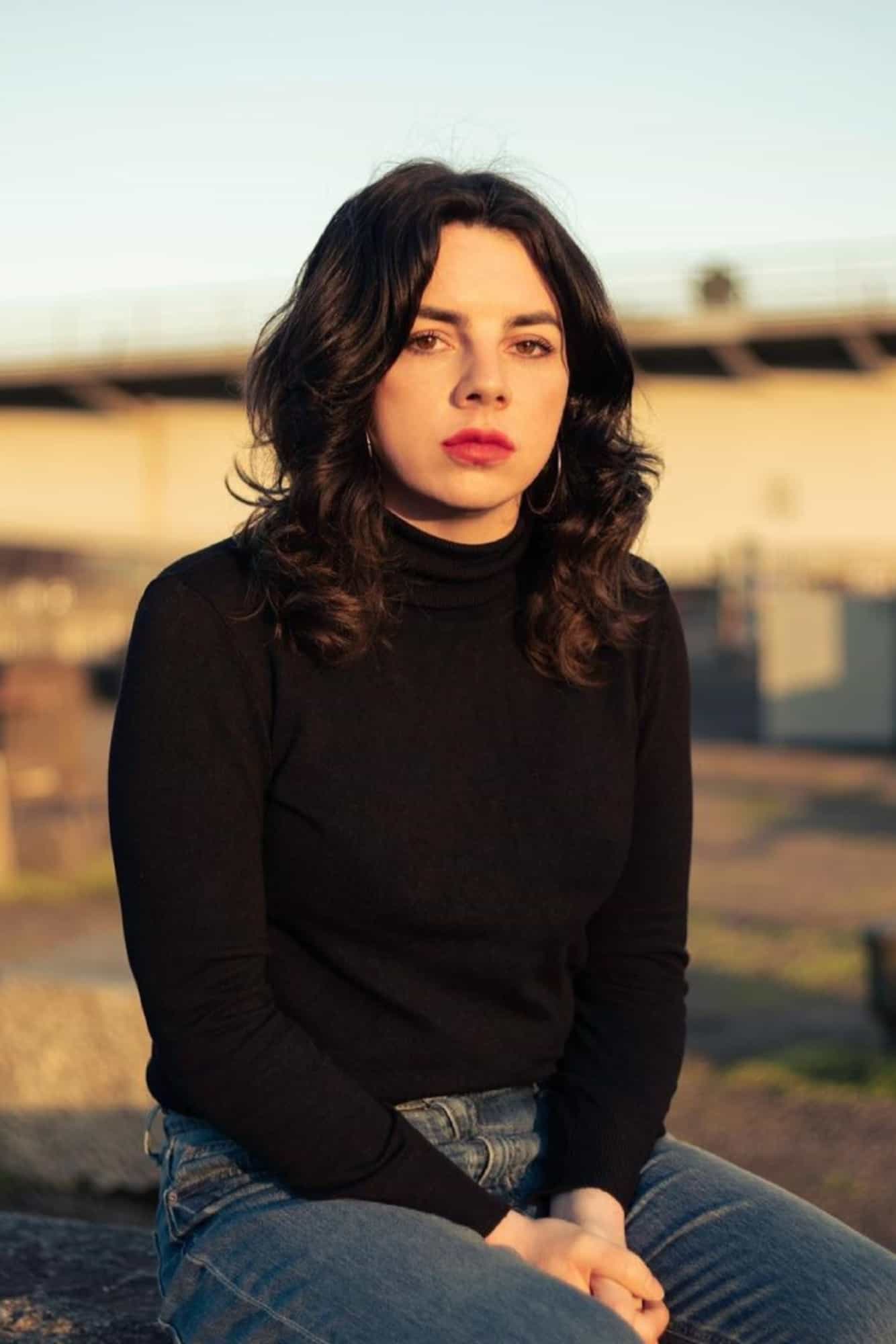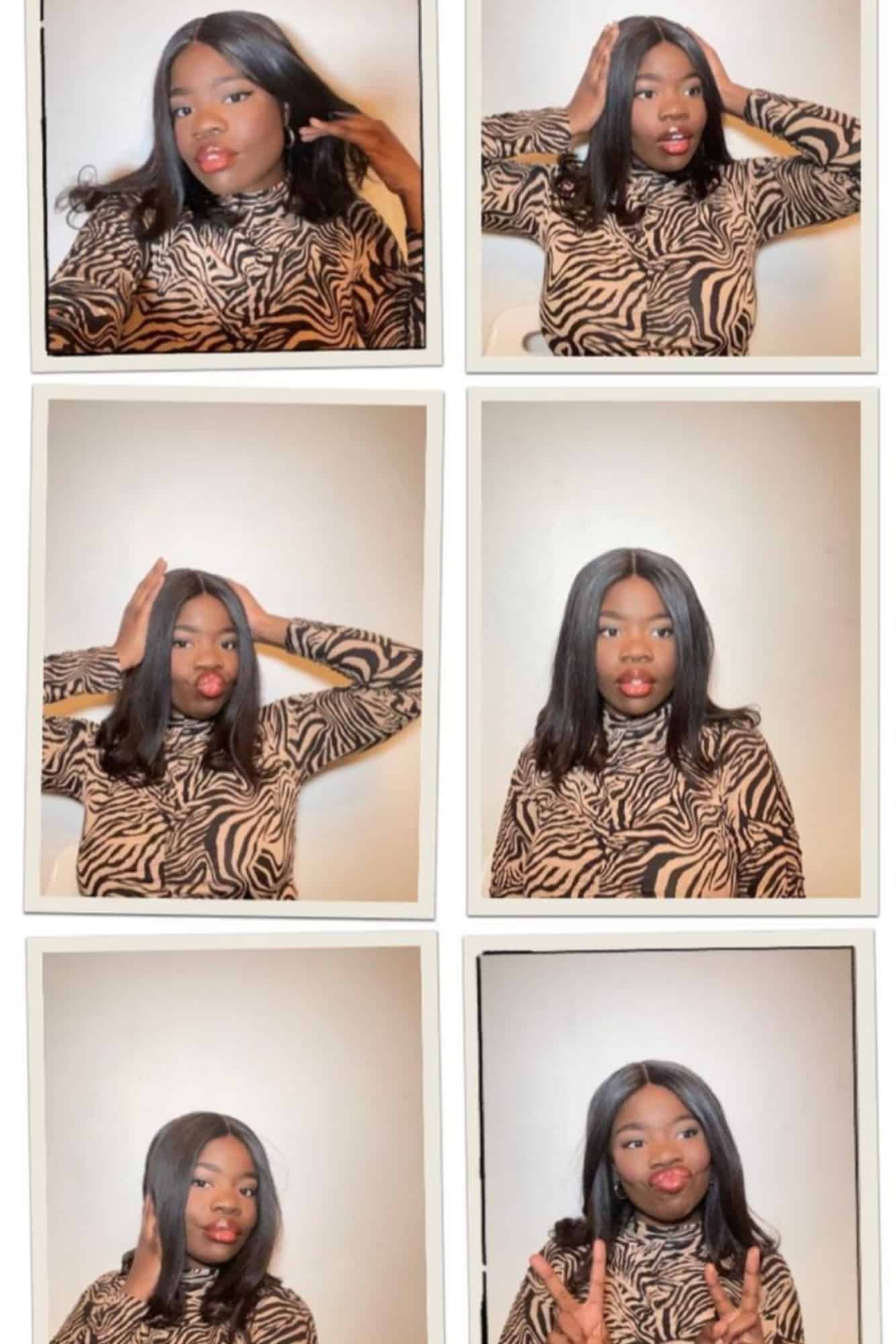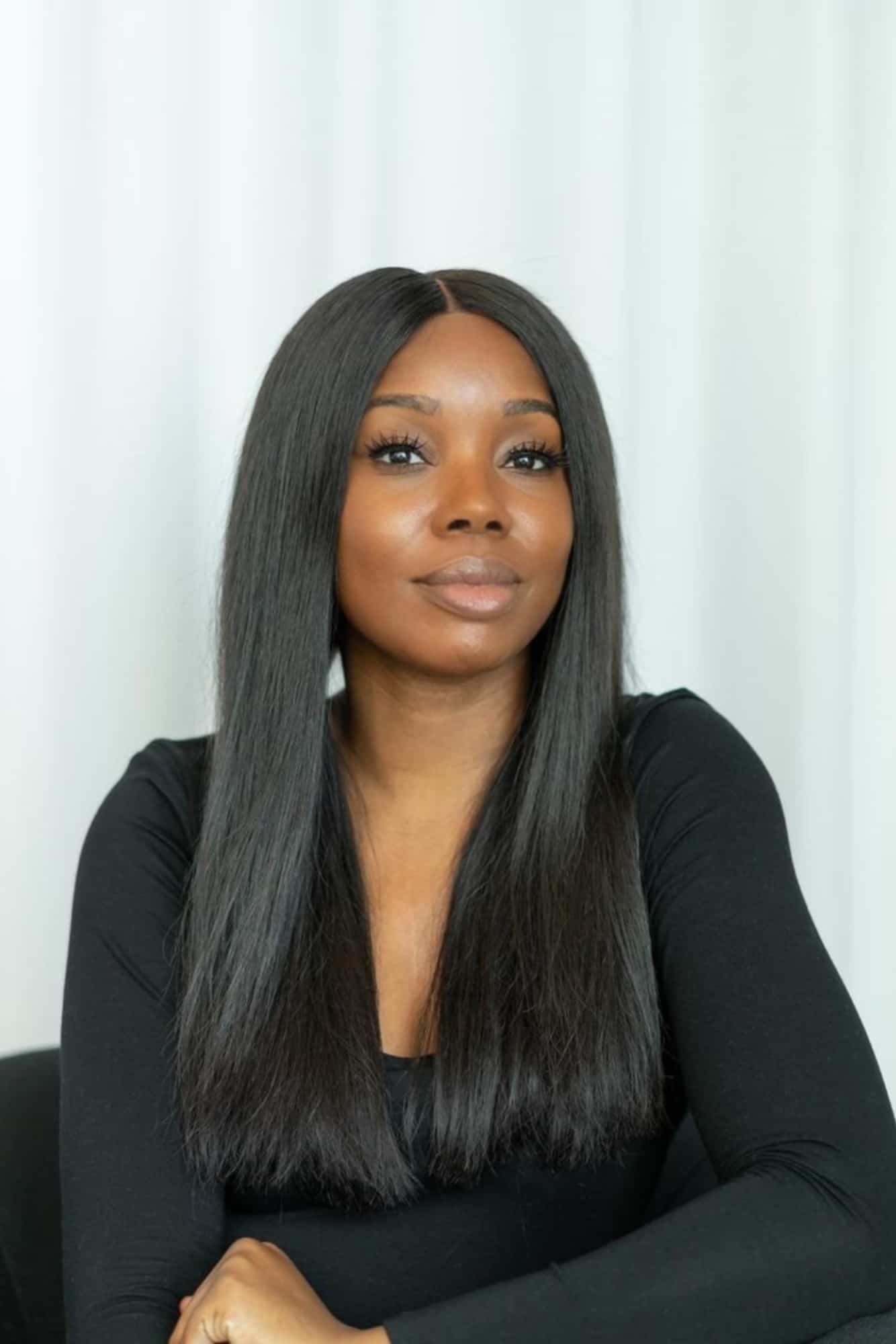Clubhouse has ten million weekly active users, according to statistics released by the company in April 2021. This is a steep increase from January when it had eight million, not to mention May 2020 when it had 1500. With growing interest in and usage of the app, it’s no surprise influencers are being born on the platform and brands are investigating how they can utilise the space.
Enter the latest season of CORQ’s quarterly podcast series The Culture Is Black, which is dedicated to helping our clients navigate the post-Black Lives Matter landscape through investigating the nuances of Black culture. In the first episode of the second series, our culture editor Jennifer Adetoro is joined by Clubhouse’s “famous moderator” Ashleigh Louise to discuss how brands can use the app effectively, host conversations successfully and the ways in which Black influencers have set the tone of the platform.
You can listen to this episode on Spotify and Apple and if you have any questions or would like to discuss issues from the series, please contact our client services manager Arabella Johnson on arabella@corq.studio and we can facilitate a Q&A with Jennifer.
KEY INSIGHTS FROM THE EPISODE:
– As FOMO-inducing as Clubhouse is, many people are still very hesitant to join the app due to users’ past experiences of abuse and concerns over yet another app taking up their screen time. However, what appeals to Ashleigh is the platform’s accessibility to use and consume a wide-range of content as you would a podcast. She also points out that users always have the option to chime in and out of live discussions.
– When it comes to moderating discussions on Clubhouse, Ashleigh advises hosting rooms that steer clear of contentious topics to decrease the likelihood of conflict arising. She describes her own style of moderation as “firm but fair”. To help regulate and keep the conversation flow, she wraps up overextended monologues with her well-known catchphrase “what was the outcome” which translates as “wrap this up in 20 seconds or less”. She also adds moderators must have the confidence to confront people when they say something offensive because ignoring it is a form of co-signing their commentary.
– Clubhouse is constantly changing and earlier this month, the app actually launched a direct payment system whereby creators can get paid for their content. While this is not available in the UK yet, Ashleigh admits she is open to monetisation as long it’s not at the expense of the users. She doesn’t like the idea of charging users a fee and prefers the inclusion of more ads as this strategy fits well in well with moderators having to “reset the room”. This is when moderators re-introduce the speakers and topic of the discussion.
You may also like
– For brands keen to work with content creators on Clubhouse, Ashleigh has a few pointers. She stresses that brands must respect and understand what content creators like herself have built – especially Black creators who are the ones setting the trends in this space. Pay these creators what they’re worth and instead of looking at more high-profile figures to collaborate with, work with the voices that have proved time again that they can get people into a room. For brands that are hesitant about working on the app, Ashleigh highlights content on Clubhouse is one of the most natural ways to reach your target audience – through direct conversation with the consumer. She also believes there is no other app where brands can get as much live feedback and discussion around culture, product and experiences.
– So, why exactly is Clubhouse so successful? Its content creators. Ashleigh notes they are a large part of why people were desperate to get an invite to join the app. On top of this, Clubhouse put celebrities and the average user on a levelled playing field where everyone is somebody. It doesn’t matter how many followers you have. She also admits that being at home and the UK being in a national lockdown played a part.
– Despite many uncertainties about Clubhouse’s future, Ashleigh is adamant that it will still be popular post-lockdown. She believes that – like other apps – there will be peak usage times and curated content of a higher quality. When it comes to Clubhouse’s clones, Ashleigh thinks they will have a hard time copying the platform and that Twitter should focus on the conversation that is being had on its own platform alongside Clubhouse rooms rather than developing Spaces. Nonetheless, she plans to move to wherever her audience is.
Subscribe and listen to The Culture Is Black on Spotify and Apple. Need more? See our curation of the UK’s biggest influencers on Clubhouse.





